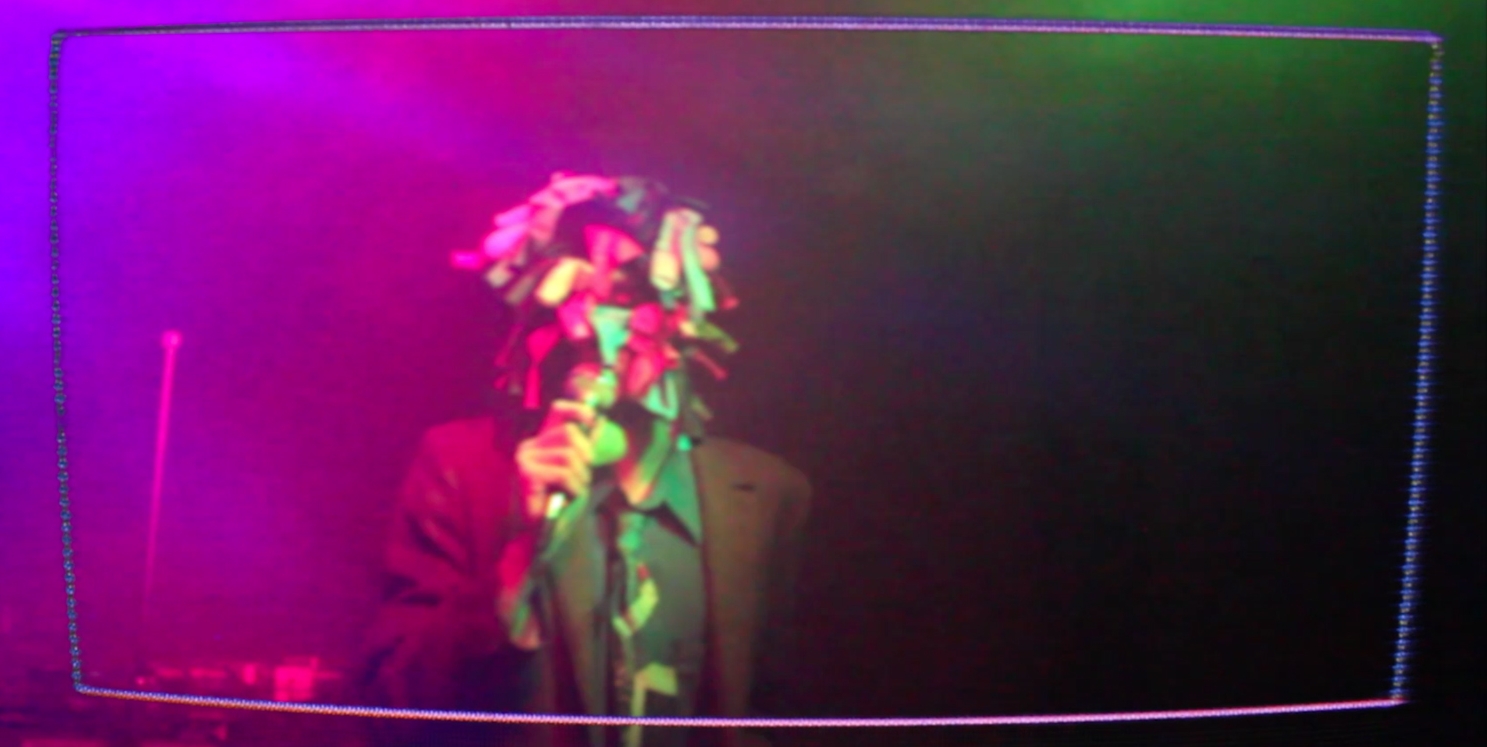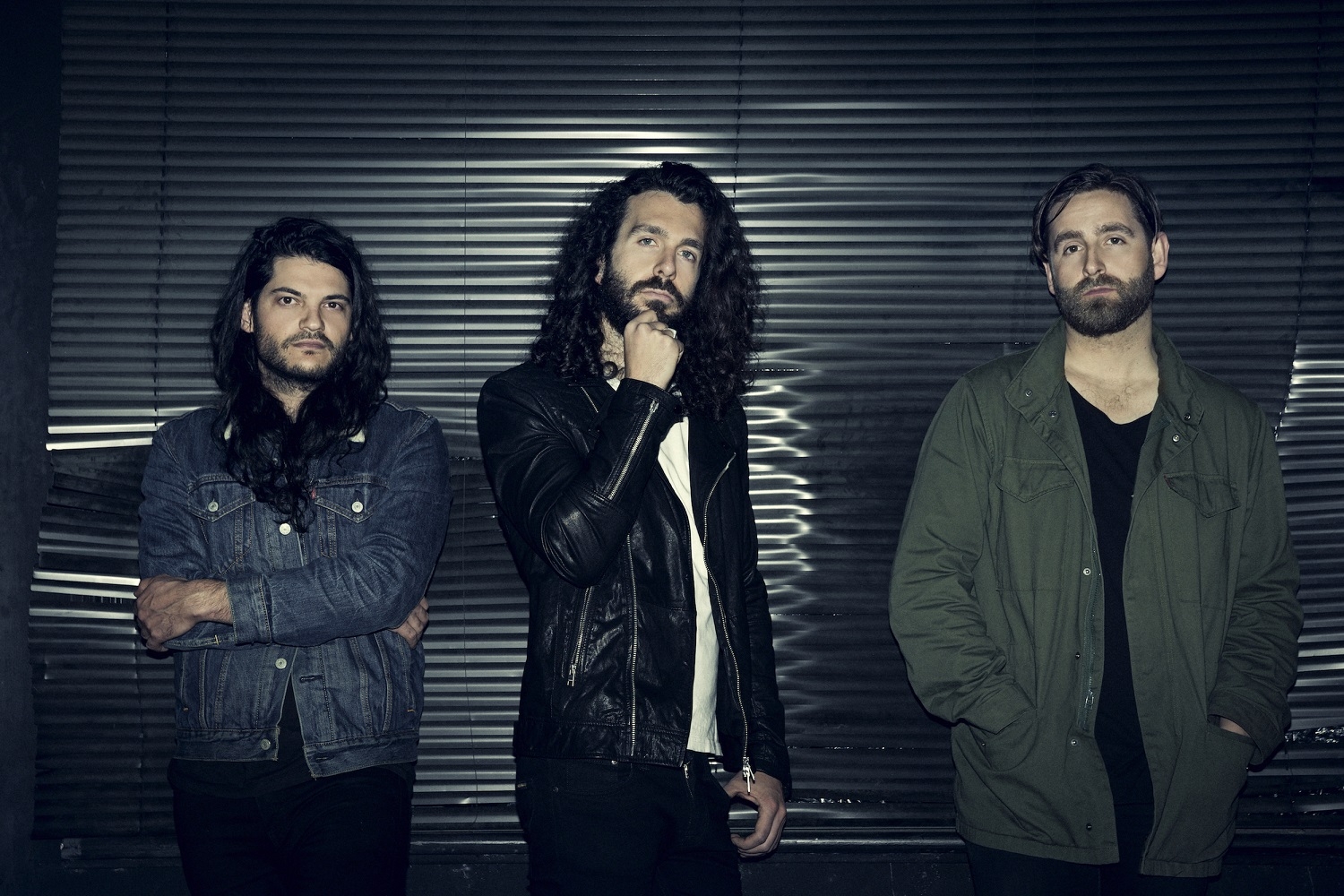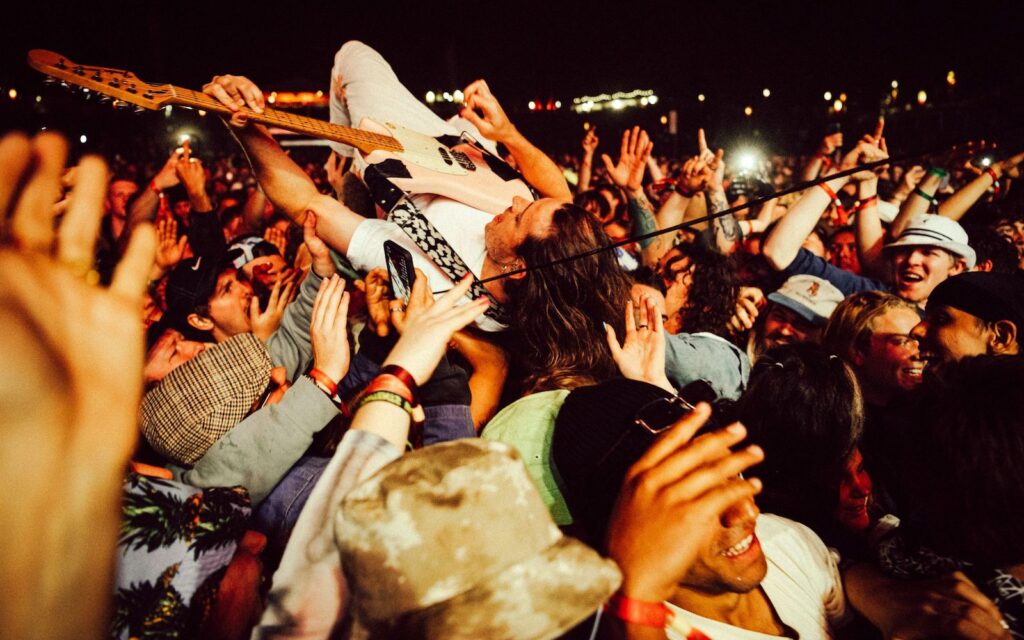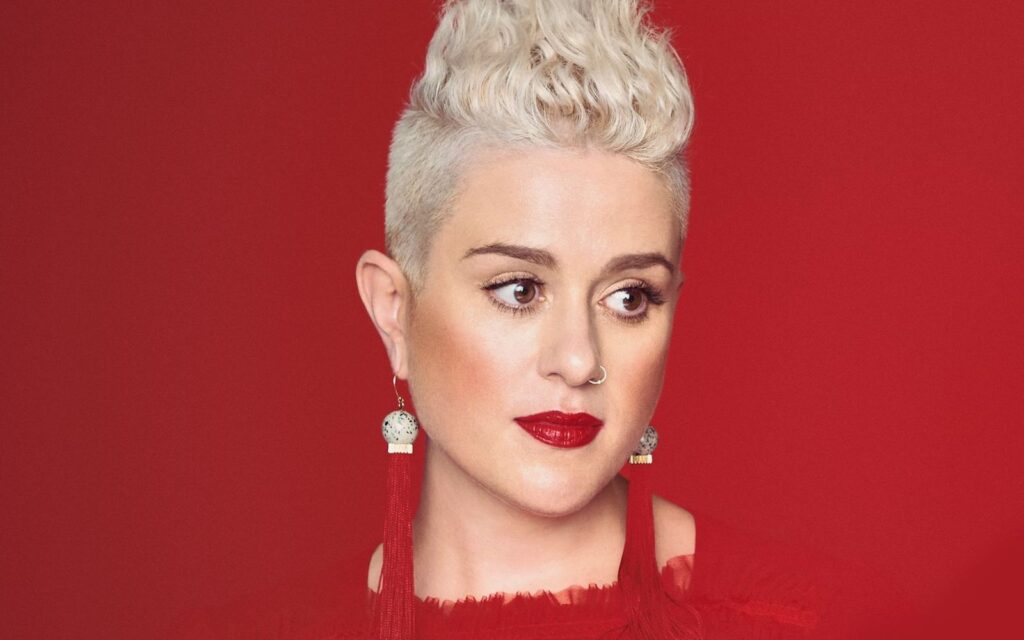For Nothinge, finding the love of its life opened up a whole new way of creating. Though Nothinge cites a long, long list of musical influences, including Kate Bush, Severed Heads and David Bowie, first and foremost, it attributes their love as its primary form of inspiration.
“Creativity is similar to the idea of love. It’s an abstract feeling that runs deep through a human being and when you tap into it and you become completely honest with yourself and with what you create. It’s after this that you open up a whole universe of creative thought.
“The love of my life A.A. [influences me] primarily because she’s opened up the creativity within me spiritually and lovingly, and when love enters your life you need to catch it with open arms.”
Nothinge’s musical roots were planted in 2013 at a Melbourne house party, growing and developing over the following years, leading to the release of LP Real Boy in 2015, and 2016’s Play Dead. Created on a MacBook, second-hand Fender Mustang and condenser microphone, in a series of apartment buildings across Montreal, where A.A. lives, Play Dead is a solitary labour of love, and a piece Nothinge hopes will challenge listeners.
“One thing I did know back then was that I wanted to create something that would be beautiful visually and sonorously, shaking the core of human beings whether they hated it or found it beautiful.”
This boldness and conviction is apparent in the flowing, unique sounds produced by Nothinge. On the landscape of music, there’s nothing quite like the project. Though the ability to be kind to itself is something that has required development.
“The inspiration for this was something I was never exactly clear on because I’ve never been completely honest with who I am deep down, and is something that I am slowly learning every day.
“I’m always in constant analysis of myself and what I create so when I look back on what I’ve done I’m always disappointed with it unfortunately. I’m always having the feeling it’s in a stage of infancy. I’m never really satisfied completely when I look back on the progress of my work, though saying that, it’s undergone an evolution which is at a really good point in its development right now, I’m starting to appreciate what I do more and more which is definitely a great thing.”
Though Play Dead harnesses sounds of traditional rock’n’roll and electronic music, Nothinge distinguishes itself with “natural and manmade sounds like machinery, squeaky bus rides, aroused confrontations on street blocks.”
“All these environments and objects arouse different particular sounds you can never hear anywhere else. I take the best moments of what I listen to in my environment and construct new material out of it. Then I scrape about 50 percent of that material, and focus, refine and re-sculpt what I have which is clearer to me.
“The only basis that I have for creating music is whether I like that sound or not. To all artists, use your ears differently, use them in your own way because they are just another tool of the human body like a thumb or a pair of legs. The way we listen has a huge impact on the way sound is created.”
Nothinge is said to amplify the unique aspects of human emotion and animalistic behaviour, the project breaks down and challenges modern conventions that have influenced the experience of existing, and the fame and notoriety associated with music and art.
“[Human instinct] is altered through media broadcasting. It tests our moral integrity, and discriminates open discussion because whatever is conventional is generally seen as truth, which becomes complicated when you have so many divisions of media.
“For the most part we believe whatever the media tells us, and has a direct emotional impact which impassively creates tension within us. Conventionality is mainly rhetoric and hyperbole and it’s utilised in a way to primarily conduct currency to businesses, so evidently we become a part of a huge emotional machine which decides what we must enjoy and not enjoy.”
By Claire Varley







